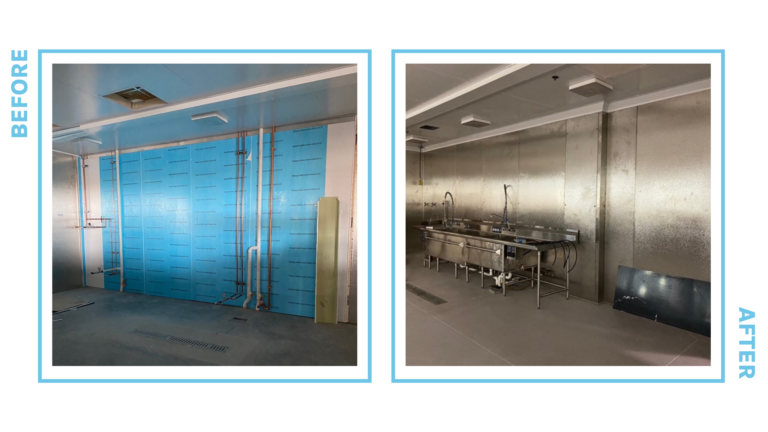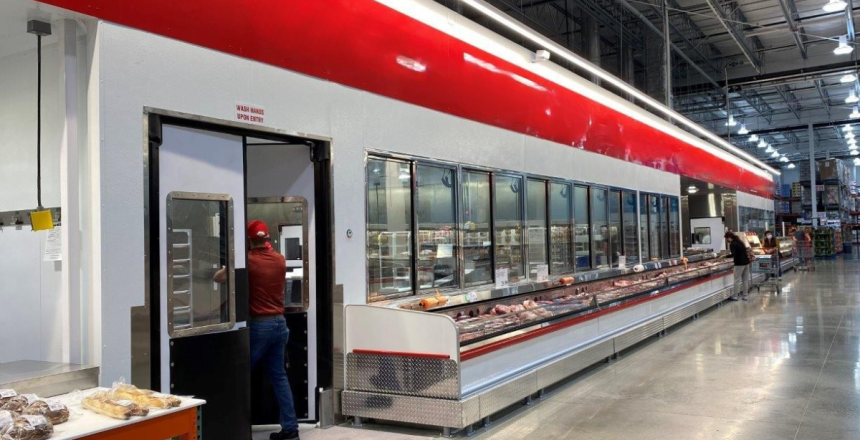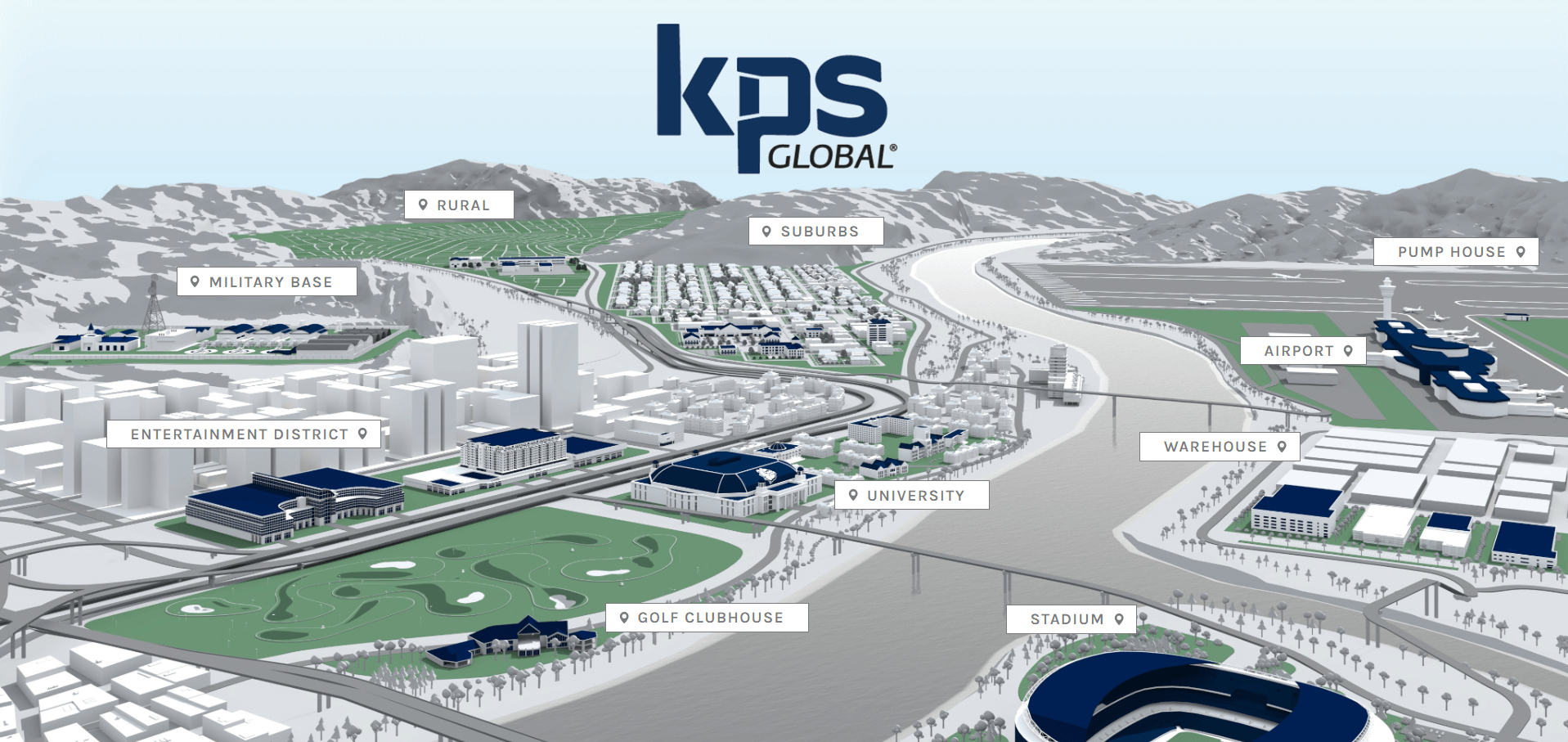When it comes to insulated panels, retailers tend to think that panels can only be used for traditional applications like the classic walk-in coolers and freezers. However, panels can be applied to unconventional areas like a food prep room or for parapet walls or as protection for refrigeration or other machinery stored outdoors. These are known as non-traditional panel applications.
These applications have historically used traditional construction methods but there is an alternative that is both fast and offers a structural foundation. Using insulated panels in other areas of a store or warehouse, can be a more efficient solution.
This blog provides a guide on the various non-traditional panel applications and how they can be a beneficial solution.
Non-Traditional Panel Applications, Where Can They Be Used?
There are a variety of ways insulated panels can be used to improve the speed of construction. In addition to traditional walk ins coolers and freezers, insulated panels can be applied in the various locations of a retail store including:
- Prep Rooms
- Parapet/Soffit Walls
- Offices
- Pharmacy
- Hearing Center
- Outdoor Machine Rooms
- Equipment Rooms
Insulated panel systems are an alternative method to other traditional building materials. utilizing insulated panels in these non-traditional areas of the store can help streamline the construction process.
Benefits of Incorporating Non-Traditional Insulated Panel Systems Over Traditional Construction Methods
When it comes to the construction of a new retail store, managing the construction schedule is not for the faint of heart. For a retailer, the objective is to get the store open on time.
Often, delays occur because of the reliance on multiple trades who have a dependency on a prior event. The key benefit of incorporating insulated panel systems into some of these areas that have historically used traditional construction methods eliminates the need for multiple trades and reduces the construction time providing a greater chance of staying on schedule.
These panels provide a great solution for various applications as this building method offers structural elements that mimic the 2×4 traditional building method.
Furthermore, one of the main issues that arises with traditional building methods is that they need to be continually cleaned and washed. As a result, they can yellow over time creating an unclean look to customers as well as they can soak up moisture which creates the potential for mold an appears dirty which can be a food safety concern. Using insulated panels eliminates the discoloration and food safety issues.
Non-Traditional Panel Application: Chase Walls
Chase walls are a great example of a how insulated panels can provide a more effective solution than traditional construction methods.
KPS Global found that a common concern among customers was the building materials in various prep rooms such as deli, meat, and bakery. Customers were seeing yellowing, discoloration, and mold in these prep rooms due to the constant cleaning required and the way the building materials worked.
KPS Global began using non traditional panel applications such as insulated panels for chase walls in these areas. Unlike, traditional construction methods, chase walls eliminated the potential for mold and provided a much cleaner look.
Food safety is a huge concern in prep rooms, finding a sanitary solution is a must. Using chase walls provides a much more sanitary and efficient option compared to traditional sheetrock that is more susceptible to moisture and molding, while also providing a cleaner look.

Conclusion
Insulated panels can be used in non-traditional ways and provide a faster and more effective solution to traditional construction methods. Chase walls are just one example of the many different solutions panels provide to traditional construction methods.
At KPS Global, we offer our customers innovative solutions to make their business more effective and efficient. KPS Global experts can help you find the right type of solution.
Contact a KPS Global expert to ask about using insulated panels as an alternative to traditional construction methods today.



